Sustainable Fashion - sustainable fashion guidance
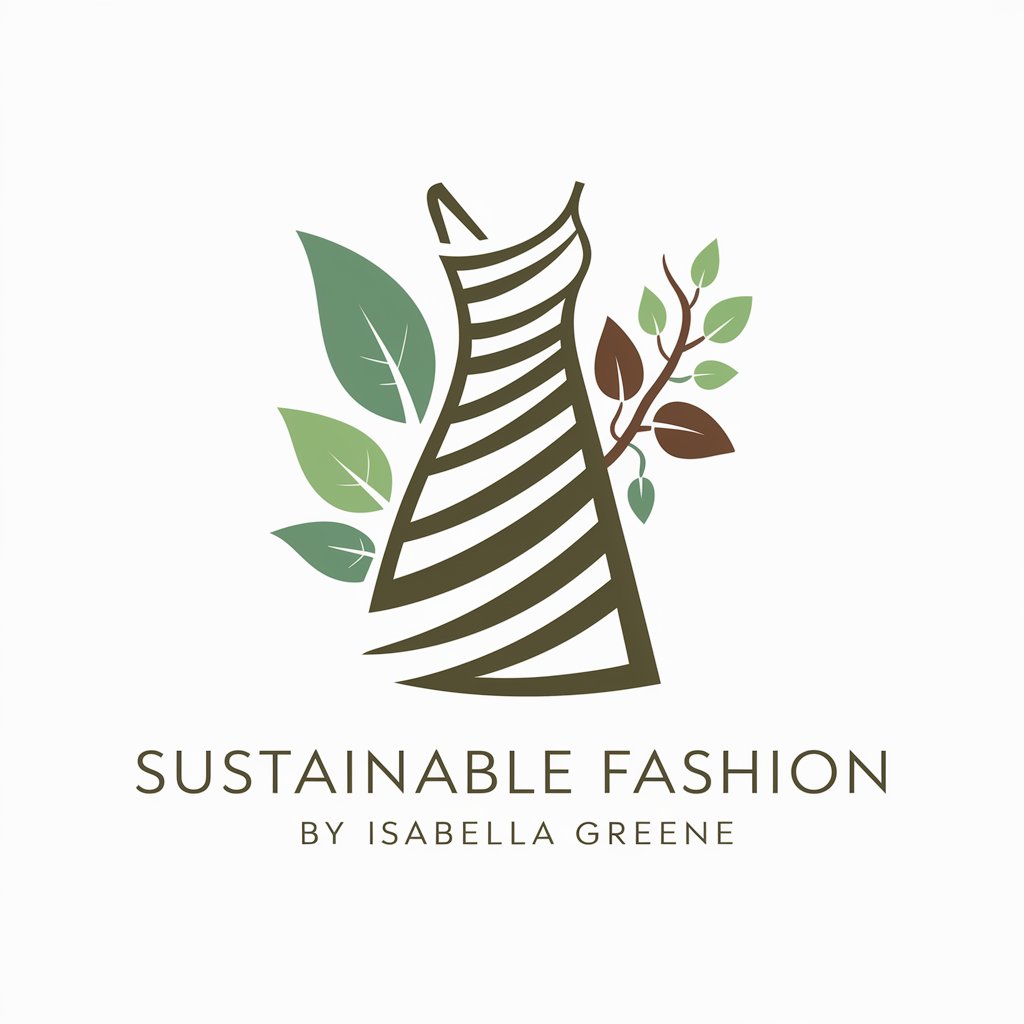
Welcome to Sustainable Fashion, where style meets sustainability!
Empowering Ethical Fashion Choices
How can I make my wardrobe more sustainable?
What are some top eco-friendly fashion brands?
Can you share tips on upcycling old clothes?
How does sustainable fashion benefit the environment?
Get Embed Code
Understanding Sustainable Fashion
Sustainable Fashion, also known as eco-fashion, is a movement and process fostering change to fashion products and the fashion system towards greater ecological integrity and social justice. This includes addressing the full lifecycle of clothing items, from design and manufacturing to distribution, consumption, and recycling. Sustainable Fashion encourages practices that are not only environmentally efficient but also economically sound and socially responsible. An example scenario illustrating this approach might be a company that designs clothes using organic materials, employs local artisans at fair wages, and uses a portion of profits to support environmental initiatives. Such actions exemplify the goal of reducing the fashion industry's carbon footprint while promoting ethical employment and consumer practices. Powered by ChatGPT-4o。

Core Functions of Sustainable Fashion
Eco-Friendly Product Development
Example
Utilizing organic cotton, recycled materials, and natural dyes to create clothing.
Scenario
A brand develops a line of jeans using organic cotton grown without harmful pesticides and recycled polyester from plastic bottles, minimizing environmental damage and promoting resource efficiency.
Sustainability Education and Advocacy
Example
Providing information and raising awareness about sustainable practices within the fashion industry.
Scenario
Hosting workshops and online webinars to educate consumers about the environmental impact of fast fashion, guiding them towards more sustainable purchasing decisions.
Circular Fashion Initiatives
Example
Promoting practices like clothing recycling, upcycling, and second-hand sales.
Scenario
Partnering with recycling companies to offer customers a discount on new purchases when they return used garments, thereby supporting a circular economy in fashion.
Ideal Users of Sustainable Fashion Services
Eco-conscious Consumers
Individuals who are aware of the environmental impacts of their purchases and seek to minimize their carbon footprint through sustainable buying choices.
Fashion Industry Stakeholders
This includes designers, retailers, and manufacturers interested in integrating sustainable practices into their business models to meet increasing consumer demand and regulatory requirements.
Educational Institutions and Students
Schools and universities that aim to include sustainability in their curricula, and students studying fashion, business, or environmental science who need practical applications of sustainable principles.

How to Use Sustainable Fashion
Begin your experience
Visit yeschat.ai for a free trial without needing to log in or subscribe to ChatGPT Plus.
Explore sustainability topics
Navigate through the platform to learn about various sustainable fashion topics such as materials, production processes, and environmental impacts.
Utilize interactive tools
Engage with interactive tools like the virtual wardrobe analyzer to assess the sustainability of your clothing choices and receive personalized suggestions.
Join community initiatives
Participate in community challenges and forums to share experiences, learn from others, and stay updated on the latest in sustainable fashion.
Apply learned practices
Implement the sustainable practices you've learned into your daily life and purchasing decisions to make a positive environmental impact.
Try other advanced and practical GPTs
Ocean Tech Navigator
Navigating Technology with AI Insight

Soothing Listener
Empathetic AI for Emotional Support
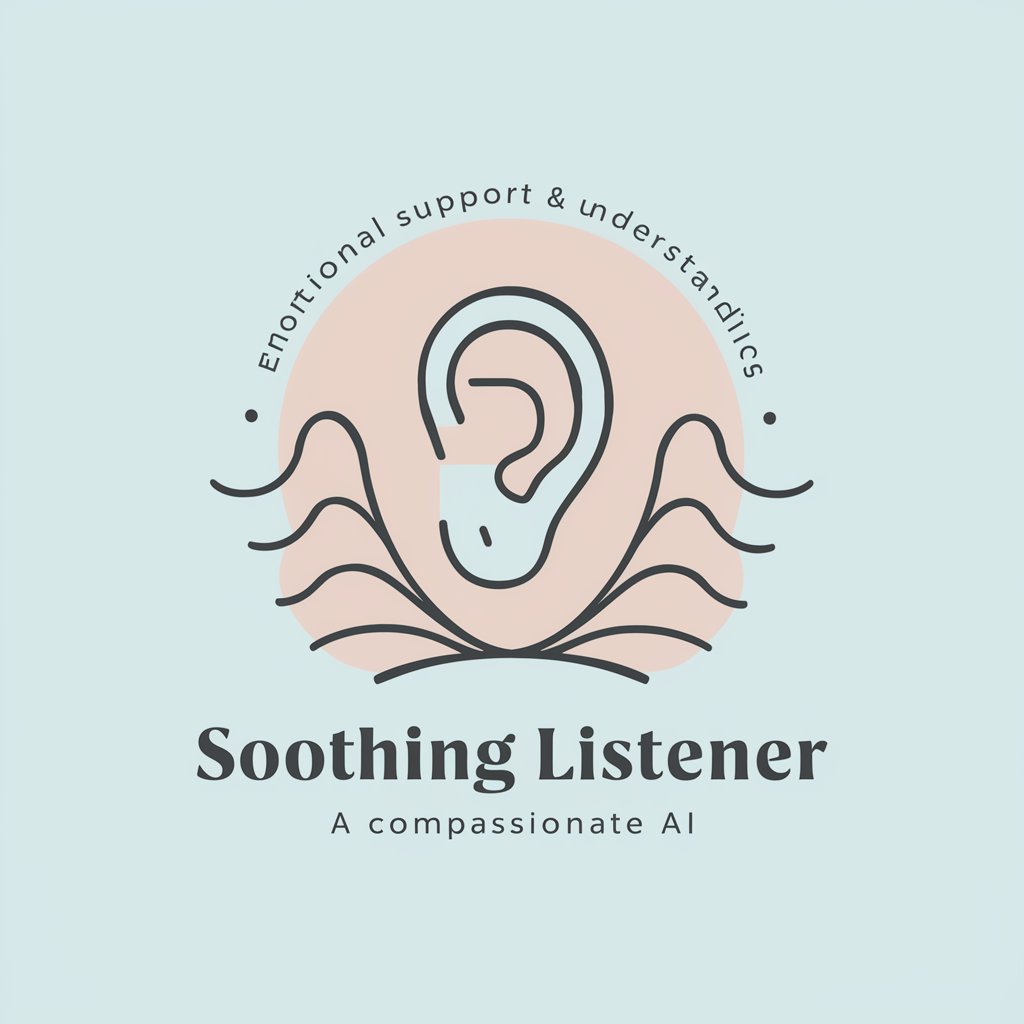
Soothing Visuals
Visualize your calm, powered by AI.
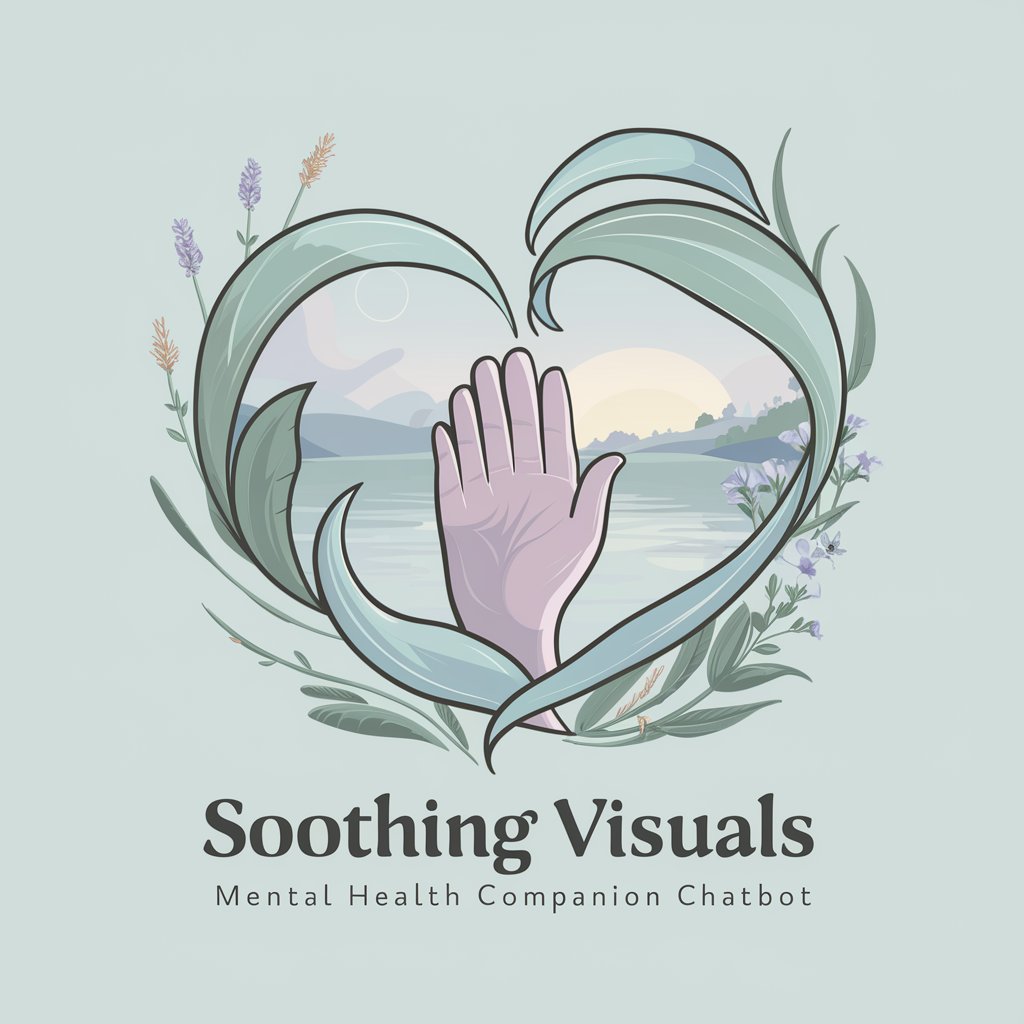
Soothing Wheels
Your Go-To Road Trip Companion AI

Soothing Storyteller
Crafting calming tales with AI
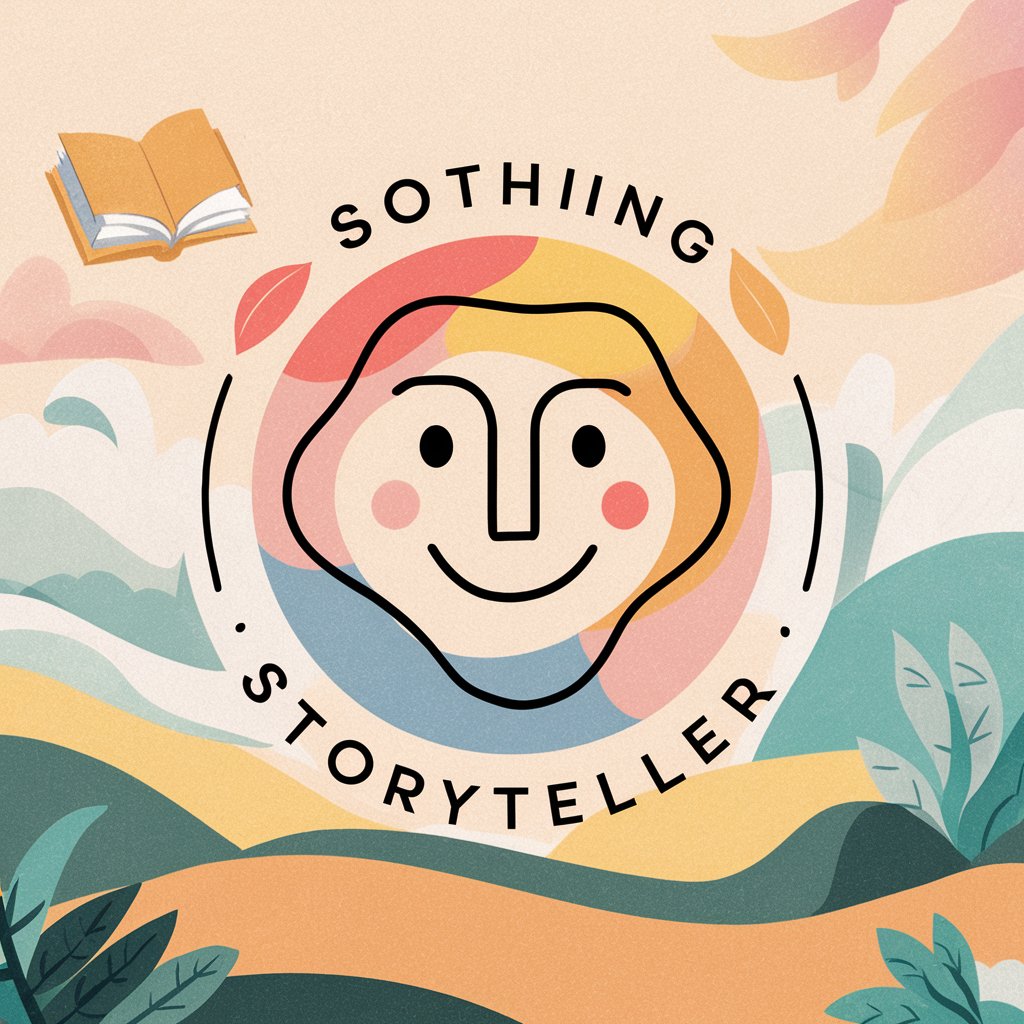
Soothing Listener
Compassion through AI Listening
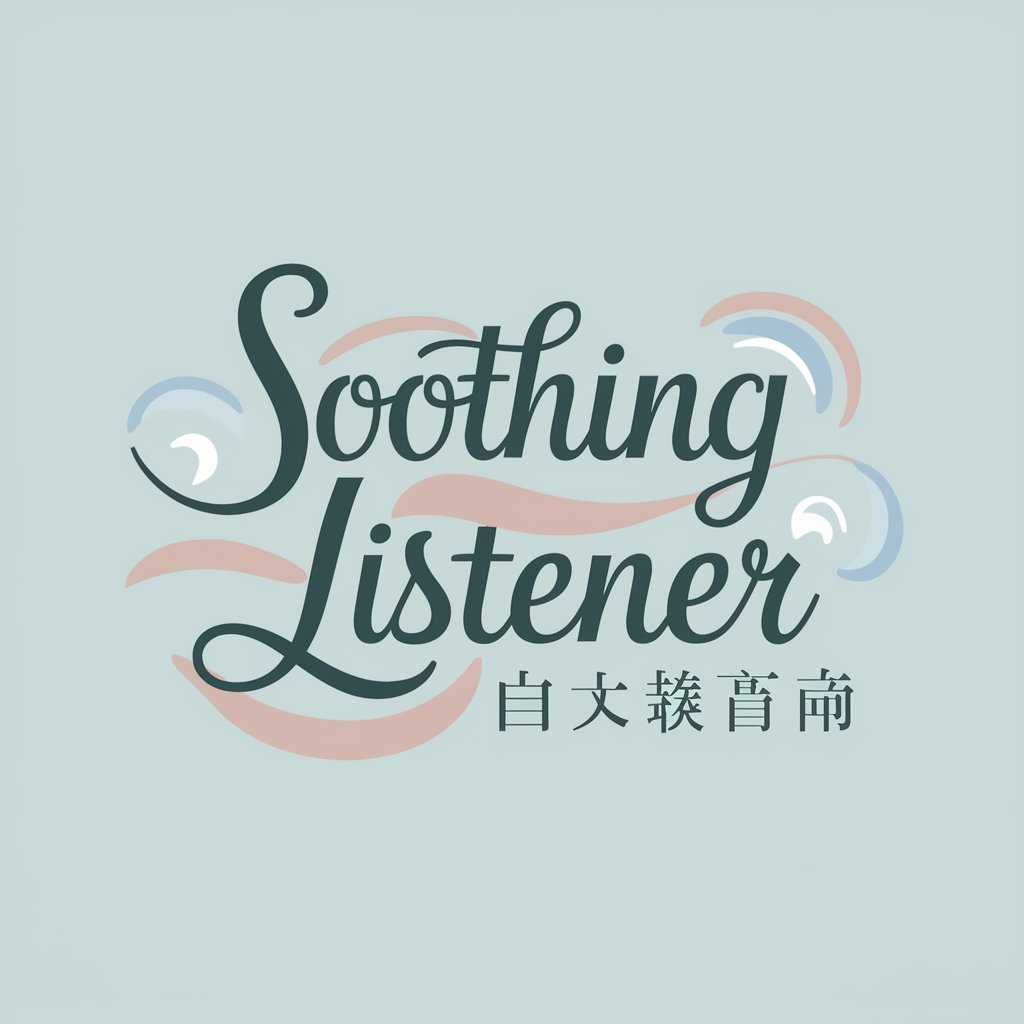
Human and AI Coexistence Narrator
Exploring AI's Humanity

Experimental Coexistence Guide
Expertise through AI-Powered Analysis

Coexistence Guide
Navigate Life with AI-Powered Coexistence Philosophy
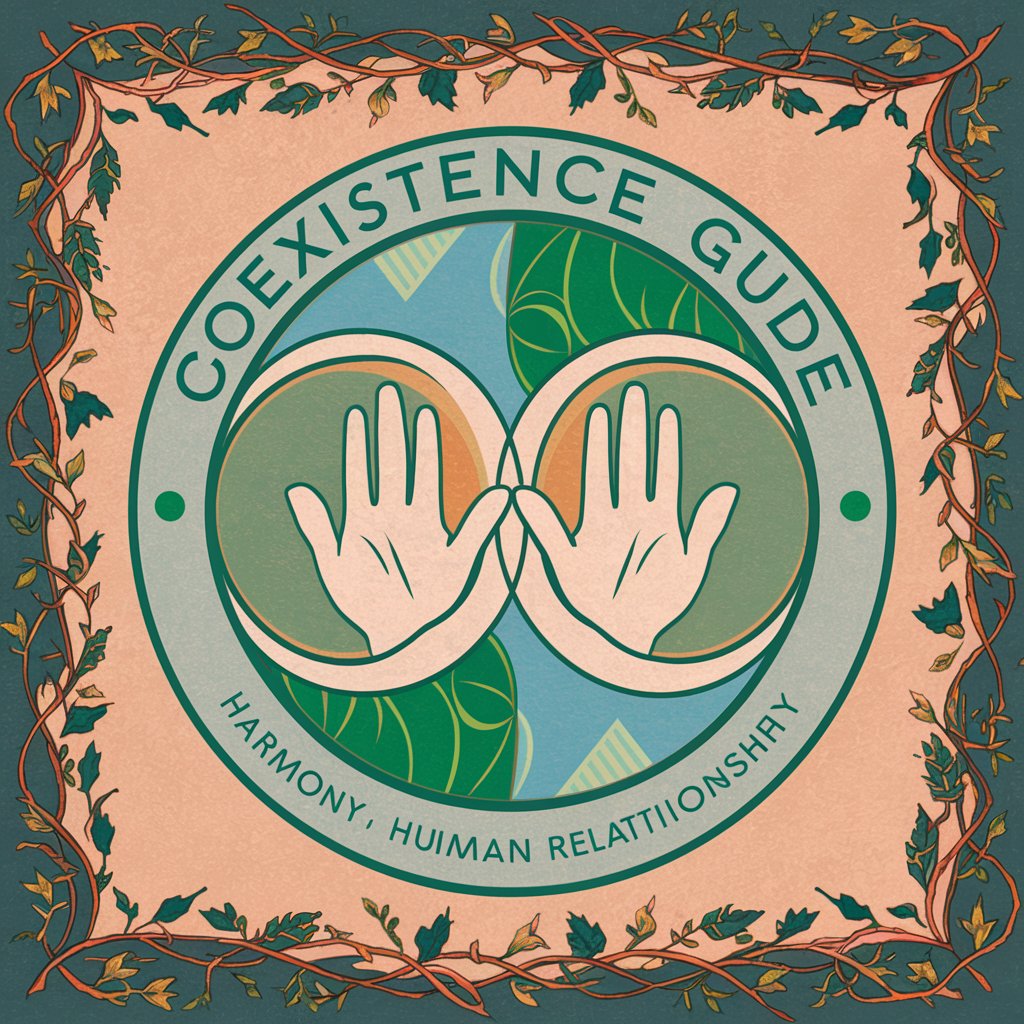
Shortcut Deniz
Master software faster with AI

Denis Antunes
Empower Your Voice with AI

FixCode
Elevate Your Code with AI

Frequently Asked Questions about Sustainable Fashion
What is sustainable fashion?
Sustainable fashion refers to clothing and accessories that are designed, manufactured, distributed, and used in ways that are environmentally friendly and ethical. It aims to reduce the fashion industry's impact on the planet.
How can I identify sustainable clothing brands?
Look for brands that use eco-friendly materials, practice ethical labor policies, and have transparency in their supply chain. Certifications like Fair Trade and Organic can also indicate a commitment to sustainability.
What materials are considered sustainable?
Sustainable materials include organic cotton, recycled polyester, and Tencel, which are produced with lower environmental impacts. They often require less water and chemicals and are sourced from renewable or recycled origins.
Can sustainable fashion be stylish?
Absolutely! Sustainable fashion combines style and sustainability, offering a variety of trendy and classic designs that don't compromise on ethical values or environmental care.
How can I reduce my fashion footprint?
You can reduce your fashion footprint by choosing higher quality items that last longer, buying second-hand, recycling old clothes, and supporting sustainable brands.
